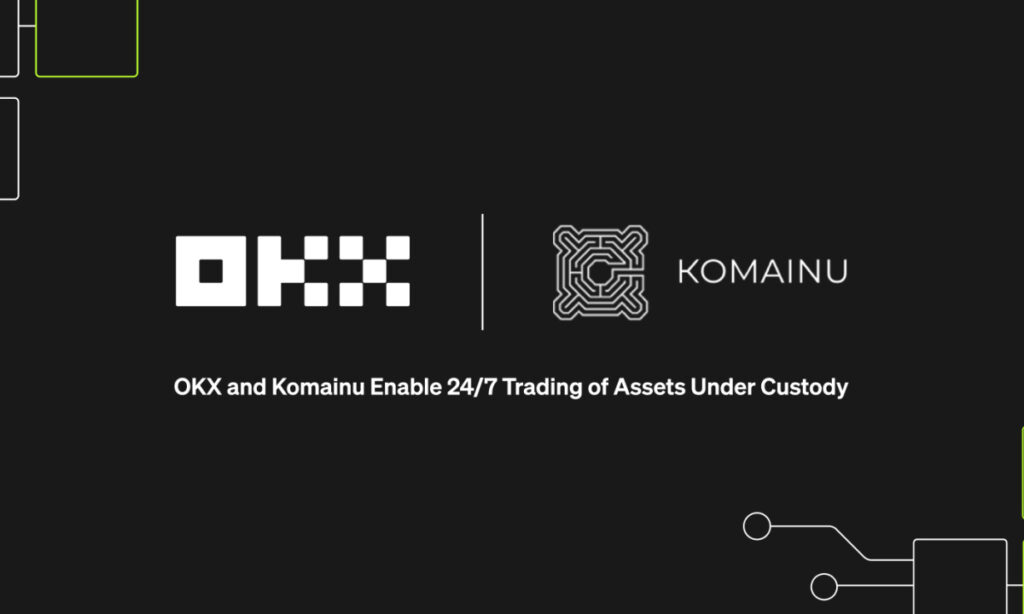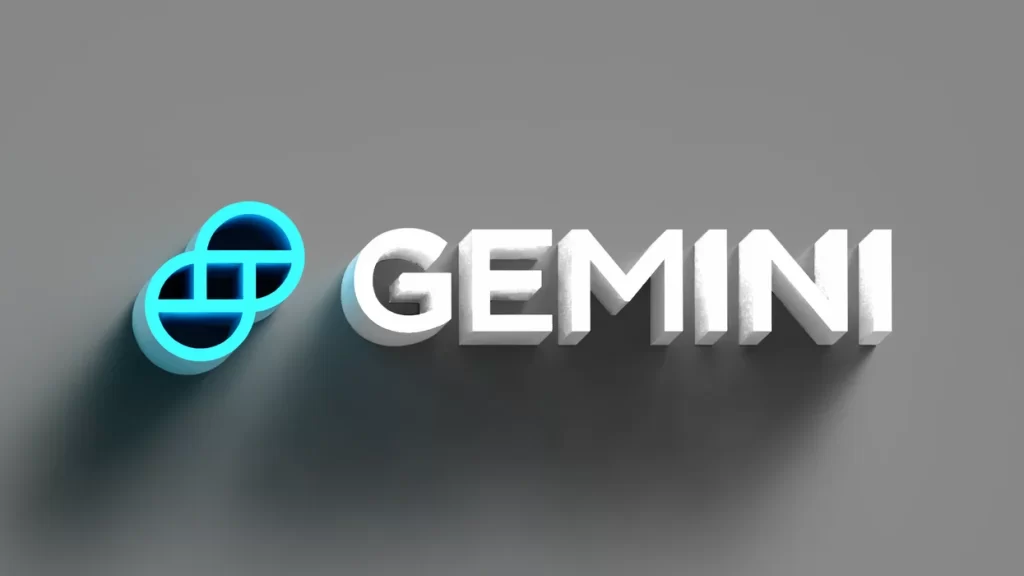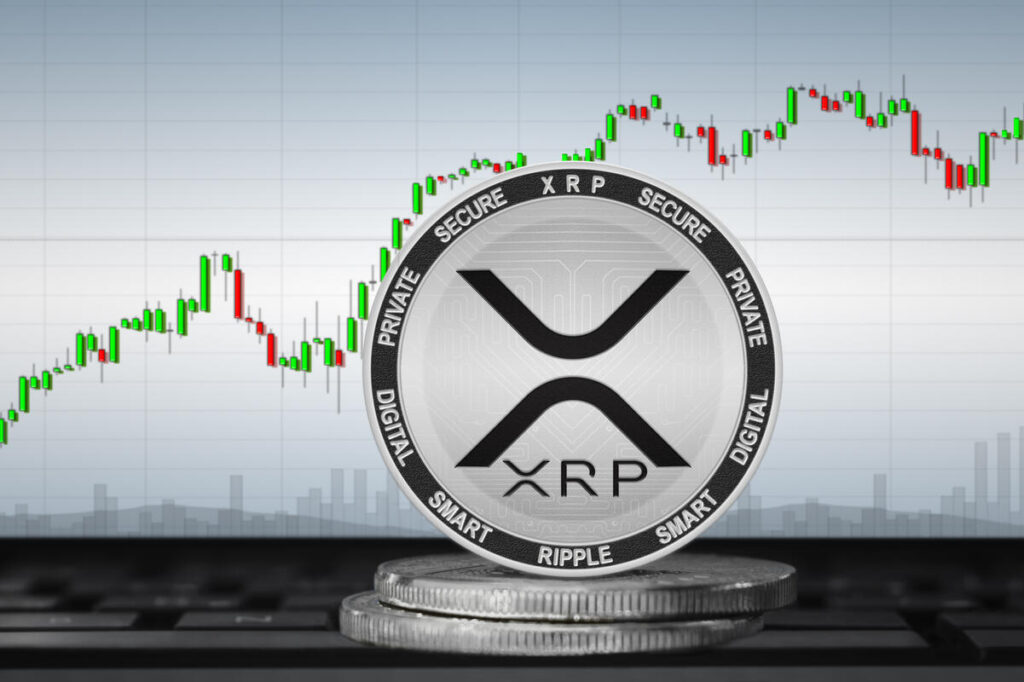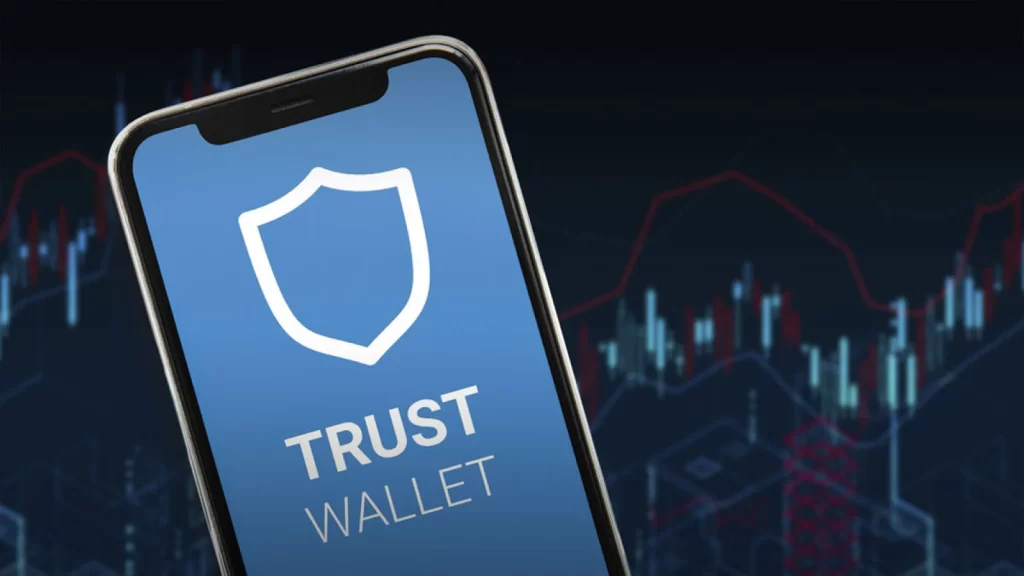Jack Dorsey, an outspoken Bitcoin proponent, has found himself in a Twitter debate with crypto industry personalities after confirming in a reply that he views Ether as a security. Udi Wertheimer, a Bitcoin Ordinals developer at Taproot Wizards, labeled Dorsey as a “clown” in a June 6 tweet.
In response, Dorsey challenged, “ETH is not a security? Teach me wizard,” causing Wertheimer to post a five-year-old clip of SEC chair Gary Gensler declaring that ETH was “sufficiently decentralized” and therefore not a security.
Gabor Gurbacs, strategy advisor to Tether and VanEck, countered by suggesting that Ethereum’s recent shift to a proof-of-stake consensus algorithm could have reactivated securities laws. This dispute occurred amidst the SEC’s lawsuits against cryptocurrency exchanges Binance and Coinbase on June 5 and 6, accusing them of offering unregistered securities tokens.
Dorsey seemed to support a 2015 post by Coinbase CEO Brian Armstrong, suggesting that altcoins were a “distraction” and that Coinbase should primarily focus on Bitcoin. Continuing his Bitcoin-centric tweets, Dorsey retweeted a video by Jack Mallers, CEO of Bitcoin Lightning app Strike, criticising Armstrong’s prioritization of altcoins over Bitcoin and the Lightning Network development.
Despite Twitter selling 140 Ethereum-based non-fungible tokens (NFTs) when Dorsey was at the helm in 2021, Dorsey had dismissed investing in Ether. He also expressed skepticism about Ethereum’s potential to disrupt big tech in August 2021.
Most recently, Dorsey has backed and championed Nostr, a decentralized network designed to compete with Twitter. This network incorporates Bitcoin Lightning-based payments on its “Damus” platform.
Interested in writing for Crypto Intelligence News? Submit a crypto guest post









